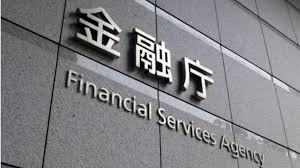Japan’s Financial Services Agency (FSA) is exploring the possibility of allowing Bitcoin exchange-traded funds (ETFs) and reducing taxes for crypto investors.
If these changes are approved, they could help integrate cryptocurrencies into the traditional financial system, encouraging more people to invest and enhancing protections for investors.
The FSA is currently in discussions with financial experts to see if existing regulations can adapt to the fast-changing crypto landscape. These discussions are private, with a policy update expected by June 2025. If the proposals advance, legal changes may be introduced during Japan’s 2026 National People’s Congress.
One major proposal is to lower the tax rate on crypto gains. Currently, investors can face tax rates as high as 55%. The FSA is considering reducing this to 20%, which would align it with capital gains taxes on stocks. This could attract more individual and institutional investors to the crypto market.
Another significant change could be the approval of Bitcoin spot ETFs. These funds would allow investors to gain exposure to Bitcoin without owning it directly, which reduces risks and makes it easier for the average person to invest. While the US and Canada have already embraced Bitcoin ETFs, Japan has been more cautious due to strict regulations.
Experts believe that clearer regulations and tax incentives could make Japan a more appealing place for digital asset investors. If these measures are implemented, Japan could become a key player in the global crypto market.
At the same time, Japan is tightening its oversight of unregulated exchanges. Recently, the FSA warned platforms like KuCoin and Bybit for operating without proper licenses. They are also working to remove access to these platforms from app stores, showing a strong stance against unregistered trading.
As Japan prepares for upcoming elections, tax cuts and crypto policies are becoming focal points for lawmakers. If the proposed Bitcoin ETF approval and tax reductions happen, they could mark a significant shift for Japan’s crypto market, attracting both local and international investments. However, regulators must balance innovation with financial stability to ensure a secure market.



